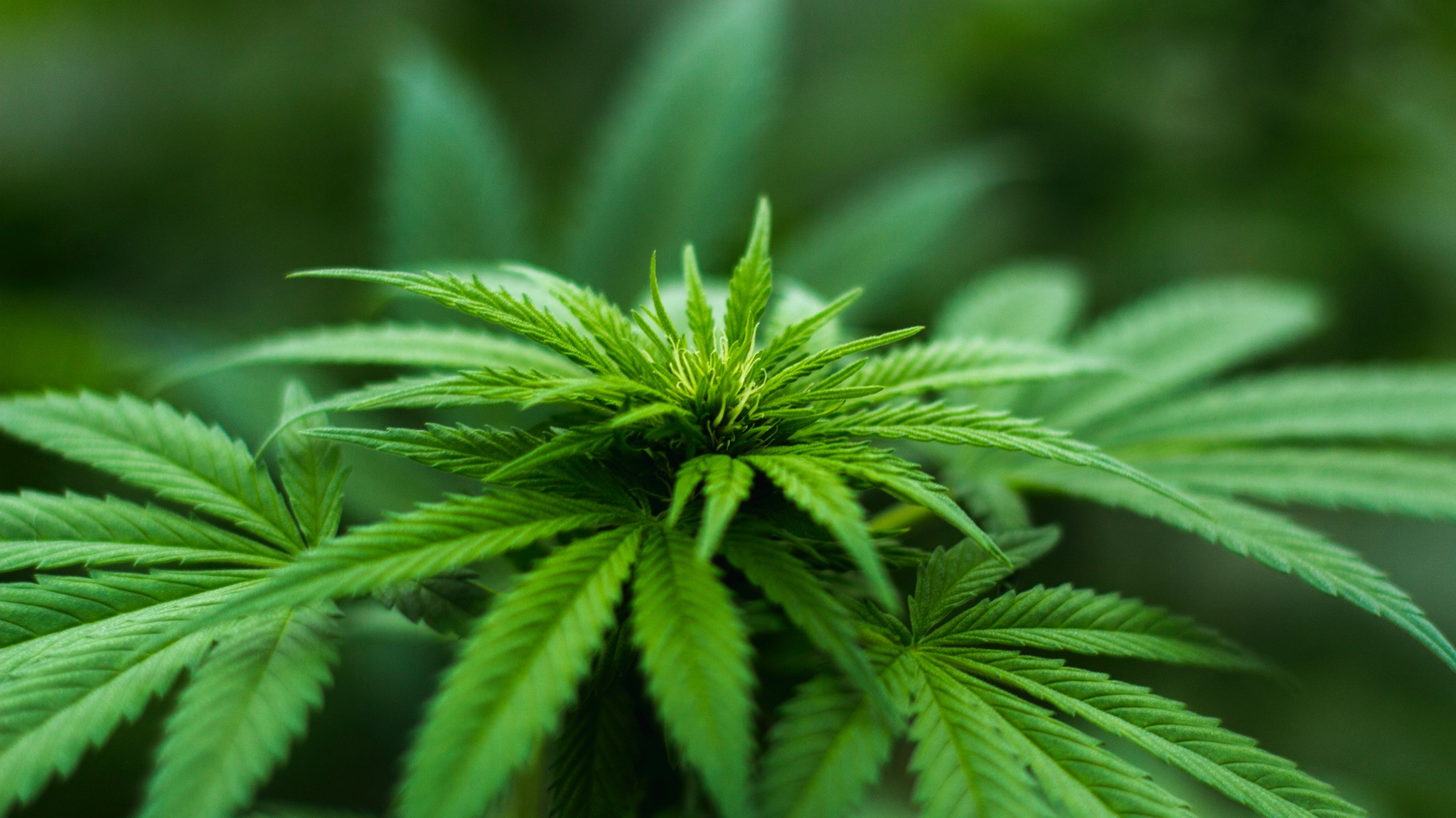Healthy? Moral?

Laws used to somewhat reflect what is healthy or moral. Not anymore. The government endorsement of the personal use of cannabis, effective this October 17, will not magically make its consumption safe or moral.
Two generations ago, we did not have proof that tobacco use led to addiction, illness, and death. That gave rise to a public health disaster. Government policies and lawsuits have sought to contain the damage in the decades since. Ironically, our governments are soon to approve and even market another substance with well-documented deleterious effects.
Physically, the damage that smoking marijuana causes is similar to that of tobacco cigarettes. The American Lung Association reports comparable respiratory exposure to toxins, irritants, and carcinogens, leading to chronic coughing, wheezing, phlegm production, and acute bronchitis.
Exposure to tar is greater because marijuana smokers tend to inhale deeper and hold their breath longer. Cannabis suppresses the immune system. Second-hand marijuana smoke exposure is dangerous.
Other delivery methods are also risky. Vaping damage to lungs is still under study. Ingestion, with its slower psychotropic effect, has led to larger doses than intended and dangerous disorientation. Children have been poisoned by marijuana lollipops and brownies. Cannabis is addictive.
Heavy exposure results in “use disorder” in about 30% of consumers. Cannabis significantly impairs judgement, motor coordination, and reaction times, making driving while high particularly hazardous.
Dreaming, a necessary outlet for a healthy mind, is suppressed by cannabis.
The recreational use of cannabis is part of a continuum of substances that some people use to escape the burdens of life. This is deceptive because that apparent escape actually aggravates the situation. It impairs the ability to face life’s problems and sometimes worsens financial or relationship struggles.
There is a link between heavy consumption in youth and an increased risk of mental disorders, including anxiety, paranoia, and lethargy. Cannabis use harms cognitive development during the formative years, even changing the brain’s structure. The maturation process ceases, referred to as arrested development.
There are negative impacts on learning, memory, and impulse control. Cannabis use is strongly correlated with binge drinking.
Young people will be the main target market for cannabis sellers who want to entice “early joiners.” This is precisely the group that is the most prone to risky behaviour and the most vulnerable to its long-term consequences.
It will be vital for parents to teach teens to respect their bodies’ and brains’ needs by resisting the recreational use of this harmful substance. If a teen’s parents forbid marijuana use, another moral issue then comes into play–that of disobeying God’s commandment to honour one’s parents by following their guidance.
The Catechism of the Catholic Church #2290 points to the key principle applicable to recreational drug use: that of temperance. “The virtue of temperance disposes us to avoid every kind of excess: the abuse of food, alcohol, tobacco, or medicine. Those incur grave guilt that, by drunkenness or a love of speed, endanger their own and others’ safety on the road, at sea, or in the air.”
In response to the impending legalization, Church leaders will need to teach on temperance. Directives for confessors should help them assist penitents with wise guidance in this matter, just as they have with other contemporary plagues like pornography.
In contrast, where other options do not work, the medically supervised use—not abuse—of therapeutic cannabinoids to alleviate symptoms such as nausea or loss of appetite from chemotherapy does not carry the moral censure of recreational drug use.
To steward our bodies well, we should abstain from substances that impair our decision-making and that harm our health. That includes cannabis.




Joan Levy Earle
Posted at 06:47h, 18 AugustThank you for stepping out on this issue,Your Grace. I recall over 30 years ago a very smart uncle used recreational marijuana and before long, ventured into other drugs. This clever man died far too young by thinking he could control this addiction.
Canadian culture will suffer from this legalization. Our government has clearly made a mistake. God help our young people without caring parents to give them the necessary advice. May priests throughout our country stand tall and speak out as you have done regarding this important issue..
Peter Bisson, SJ
Posted at 07:10h, 18 AugustThank you Terry!